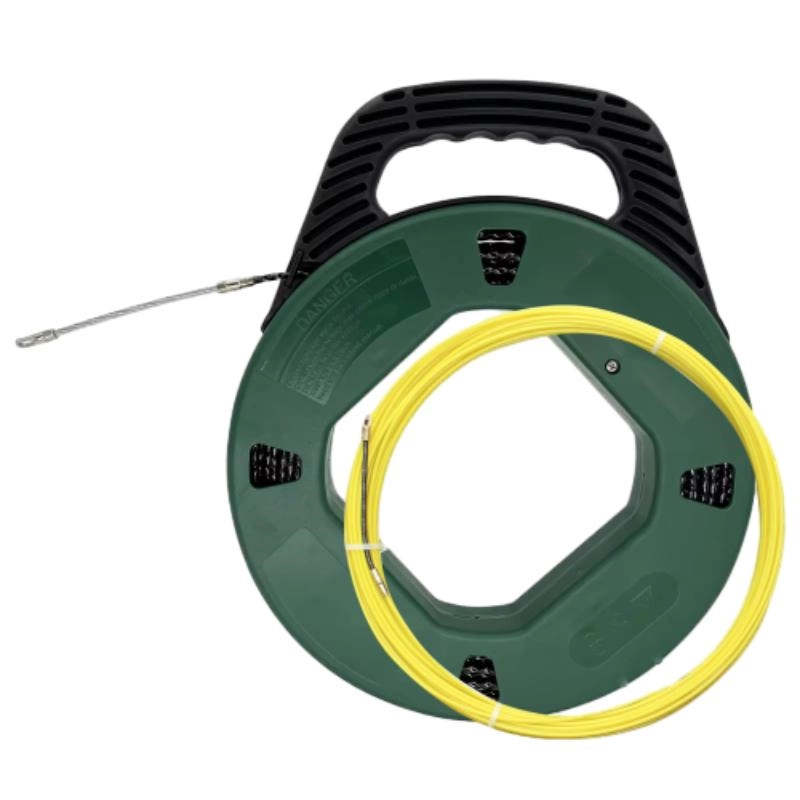
-
 Afrikaans
Afrikaans -
 Albanian
Albanian -
 Amharic
Amharic -
 Arabic
Arabic -
 Armenian
Armenian -
 Azerbaijani
Azerbaijani -
 Basque
Basque -
 Belarusian
Belarusian -
 Bengali
Bengali -
 Bosnian
Bosnian -
 Bulgarian
Bulgarian -
 Catalan
Catalan -
 Cebuano
Cebuano -
 Corsican
Corsican -
 Croatian
Croatian -
 Czech
Czech -
 Danish
Danish -
 Dutch
Dutch -
 English
English -
 Esperanto
Esperanto -
 Estonian
Estonian -
 Finnish
Finnish -
 French
French -
 Frisian
Frisian -
 Galician
Galician -
 Georgian
Georgian -
 German
German -
 Greek
Greek -
 Gujarati
Gujarati -
 Haitian Creole
Haitian Creole -
 hausa
hausa -
 hawaiian
hawaiian -
 Hebrew
Hebrew -
 Hindi
Hindi -
 Miao
Miao -
 Hungarian
Hungarian -
 Icelandic
Icelandic -
 igbo
igbo -
 Indonesian
Indonesian -
 irish
irish -
 Italian
Italian -
 Japanese
Japanese -
 Javanese
Javanese -
 Kannada
Kannada -
 kazakh
kazakh -
 Khmer
Khmer -
 Rwandese
Rwandese -
 Korean
Korean -
 Kurdish
Kurdish -
 Kyrgyz
Kyrgyz -
 Lao
Lao -
 Latin
Latin -
 Latvian
Latvian -
 Lithuanian
Lithuanian -
 Luxembourgish
Luxembourgish -
 Macedonian
Macedonian -
 Malgashi
Malgashi -
 Malay
Malay -
 Malayalam
Malayalam -
 Maltese
Maltese -
 Maori
Maori -
 Marathi
Marathi -
 Mongolian
Mongolian -
 Myanmar
Myanmar -
 Nepali
Nepali -
 Norwegian
Norwegian -
 Norwegian
Norwegian -
 Occitan
Occitan -
 Pashto
Pashto -
 Persian
Persian -
 Polish
Polish -
 Portuguese
Portuguese -
 Punjabi
Punjabi -
 Romanian
Romanian -
 Russian
Russian -
 Samoan
Samoan -
 Scottish Gaelic
Scottish Gaelic -
 Serbian
Serbian -
 Sesotho
Sesotho -
 Shona
Shona -
 Sindhi
Sindhi -
 Sinhala
Sinhala -
 Slovak
Slovak -
 Slovenian
Slovenian -
 Somali
Somali -
 Spanish
Spanish -
 Sundanese
Sundanese -
 Swahili
Swahili -
 Swedish
Swedish -
 Tagalog
Tagalog -
 Tajik
Tajik -
 Tamil
Tamil -
 Tatar
Tatar -
 Telugu
Telugu -
 Thai
Thai -
 Turkish
Turkish -
 Turkmen
Turkmen -
 Ukrainian
Ukrainian -
 Urdu
Urdu -
 Uighur
Uighur -
 Uzbek
Uzbek -
 Vietnamese
Vietnamese -
 Welsh
Welsh -
 Bantu
Bantu -
 Yiddish
Yiddish -
 Yoruba
Yoruba -
 Zulu
Zulu


Nov . 02, 2024 05:50 Back to list
electrical ground wire clamp
Understanding Electrical Ground Wire Clamps
Electrical safety is paramount in any environment where power is used. One of the most crucial components in ensuring this safety is the grounding system, which helps direct excess electricity away from sensitive equipment and prevents electric shock hazards. At the heart of effective grounding systems is the electrical ground wire clamp.
An electrical ground wire clamp is a device used to connect the ground wire to a grounding electrode, such as a ground rod, water pipe, or other grounding systems. This connection is vital because it ensures that any excess electrical current can be safely directed into the ground, minimizing risks associated with electrical faults.
Ground wire clamps come in various types and materials, each designed to meet specific needs. Common materials include copper, aluminum, and stainless steel. The choice of material can significantly impact the clamp’s performance and durability. For instance, copper clamps offer excellent conductivity and resistance to corrosion, making them ideal for long-term use in outdoor applications. In contrast, aluminum clamps are lightweight and cost-effective, making them popular for residential installations.
electrical ground wire clamp

Installation of ground wire clamps is typically straightforward, but it does require adherence to local electrical codes and best practices. The selected clamp must be compatible with the wire and the grounding electrode to ensure a secure and reliable connection. Moreover, the installation area should be clean and free from corrosion or contaminants to facilitate optimal conductivity.
When it comes to maintenance, regular inspections of ground wire clamps are essential. Over time, environmental factors such as moisture exposure, soil acidity, or physical damage can compromise the integrity of the clamp. Inspections can help identify issues like corrosion or loose connections, allowing for timely repairs that maintain the effectiveness of the grounding system.
Using a ground wire clamp also contributes to energy efficiency. By providing a reliable path for excess current, it helps protect electrical systems, preventing damage to equipment that could lead to costly repairs or replacements. This not only safeguards appliances but can also enhance overall electrical performance and efficiency.
In conclusion, electrical ground wire clamps play a critical role in maintaining safety and efficiency in electrical systems. Their proper selection, installation, and maintenance are vital to ensuring a secure grounding system that protects both people and equipment from electrical hazards. As technology advances, the development of more robust and efficient clamps will continue to play a key role in electrical safety practices across various industries. Understanding and applying the best practices surrounding ground wire clamps can lead to safer and more reliable electrical installations.
Latest news
What Are Construction Tools and How Are They Used?
NewsJul.11,2025
Professional-Grade Duct Rodding Tools for Superior Cable Installation
NewsJul.11,2025
Enhancing Safety and Efficiency with Modern Hot Stick Solutions
NewsJul.11,2025
Empowering Cable Installation with Advanced Rodder Solutions
NewsJul.11,2025
Elevate Your Cable Installation Projects with Cable Pulling Tools
NewsJul.11,2025
Efficient Cable Handling Solutions: Cable Rollers for Sale
NewsJul.11,2025











